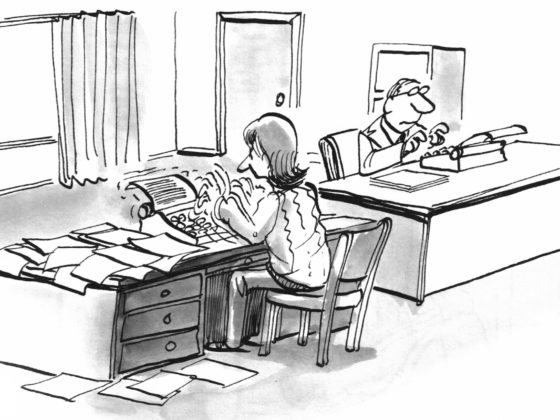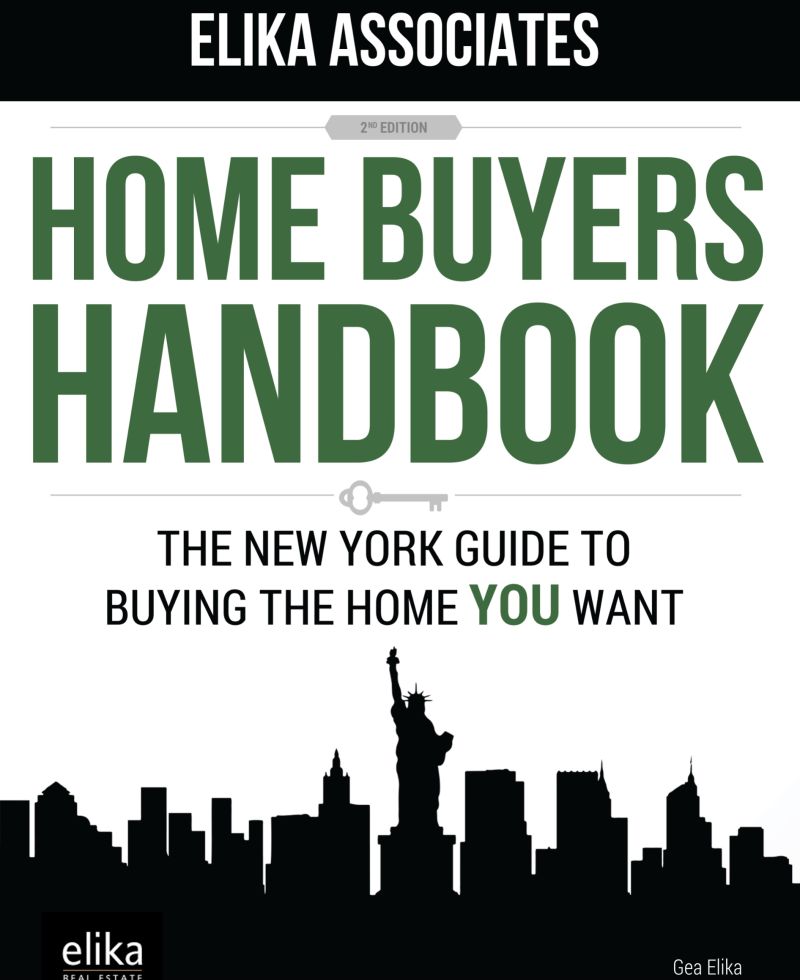You find a great New York City apartment online. You spend an hour inside looking at every corner, all while the listing agent spurs you on and tells you how perfect the property is. Your agent reaches out to the listing agent to show it to you, and – YES, IT’S AVAILABLE! So you see it and immediately fall in love.
After talking it over with your banker and your lawyer, you make an offer – except now that you’ve decided to move forward, you learn that the property has a contract out to another buyer. Furthermore, this contract was out before you showed up at the property. So why did the listing agent show you the property in the first place if they knew it wasn’t going to be yours?
It’s all about fiduciary responsibility.It’s all about fiduciary responsibility.
When an owner hires an agent to sell a home, they enter a fiduciary agreement. The fiduciary duty includes the language behind this. The agent must do everything they can to get the best terms for their seller and make the deal come to fruition.
This agent works for the seller. Buyers often show up to properties and start asking the agent many questions. As they get to know the agent, they sometimes forget that this person was hired by someone else for one sole purpose; that purpose isn’t negotiating for a buyer.
Does that mean a seller’s agent can lie to me if I’m a buyer?Does that mean a seller’s agent can lie to me if I’m a buyer?
They shouldn’t lie to you, but they don’t necessarily need to tell you the whole truth. In New York City, we have a saying that nothing counts until the contract is signed and the check is in the bank. While a property may have an accepted offer, accepted offers don’t always translate into signed contracts. Sometimes buyers decide it’s not the right time to purchase or have second thoughts. Other times, they might find something they like better. Therefore, while a deal is in the stages of “contract out,” a good seller’s agent will still show the property, ensuring a backup if the current deal goes south.
How can I guard against this?How can I guard against this?
Unfortunately, this can lead you, the purchaser, to feel misguided. The simplest way to get around this is for you or your agent to inquire into properties by asking, “Is this home still available, and can you confirm if there are any contracts out?” If you only ask if the home is available, all that means is no signed contract for this property piece. You need to ask if an offer has been explicitly accepted; the purchase contract has been sent to attornies to know if you have competition.
You should remember that just because a contract is out doesn’t necessarily mean you shouldn’t see the property. If you feel ready to jump on a home, you can see a home with a deal in play; so long as you are prepared to move quickly. However, seeing a home with a contract out could waste your time if you’re beginning your search and trying to understand the market. However, you can submit an offer while a contract is out, and for you to be the one who walks away with the apartment. If your terms or price are more favorable to the seller, they may back away from their pending deal to take yours.
Finally, think about how you would feel if it was your home on the market. You would want your agent to keep showing until you held a check. So remember, if this does happen to you, you have come in contact with a stellar agent.








